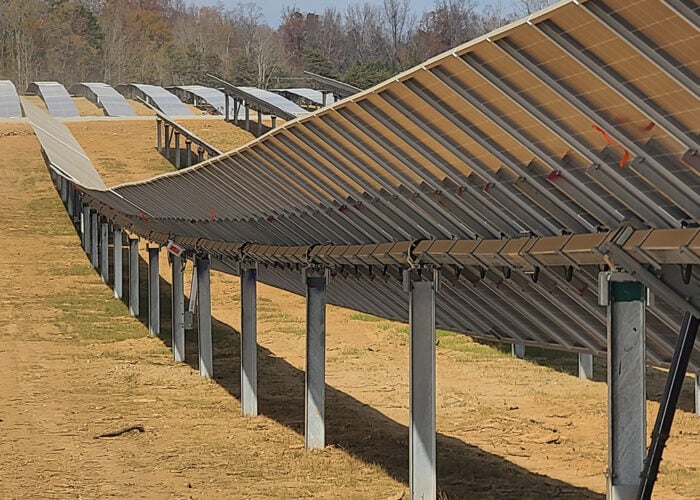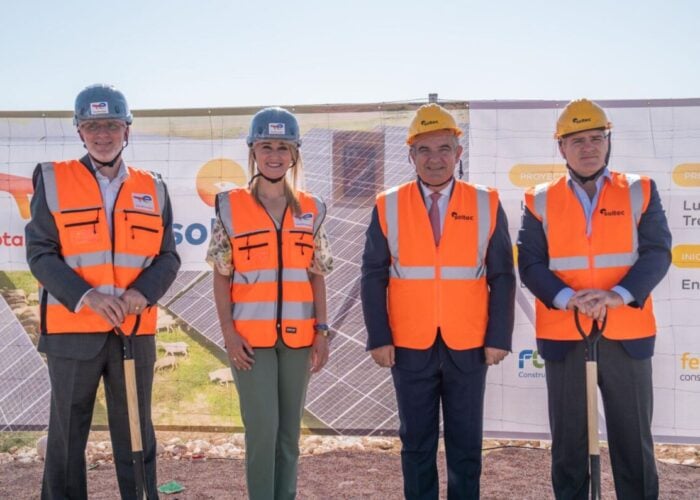Often billed as ‘quasi-mono’ ingot casting, whereby the lower-cost multicrystalline ingot process provides higher-quality, mono-like characteristics without the associated higher production costs would seem to be getting closer to commercial acceptance. GT Advanced Technologies (GTAT) has announced that it expects to begin taking orders for its new DSS-based ‘MonoCast’ systems in October this year, with initial lead times for commercial deliveries of three months.
GTAT noted that it has begun final production testing with Korea-based PV manufacturer Nexolon using a Beta version of its DSS MonoCast system.
Unlock unlimited access for 12 whole months of distinctive global analysis
Photovoltaics International is now included.
- Regular insight and analysis of the industry’s biggest developments
- In-depth interviews with the industry’s leading figures
- Unlimited digital access to the PV Tech Power journal catalogue
- Unlimited digital access to the Photovoltaics International journal catalogue
- Access to more than 1,000 technical papers
- Discounts on Solar Media’s portfolio of events, in-person and virtual
“GT has already installed a Beta version of its DSS MonoCast upgrade at Nexolon’s Iksan, Korea, manufacturing facility. Final production testing of the technology is expected to demonstrate the stability and performance of the MonoCast system and validate its readiness for volume production,” commented Tom Gutierrez, GT Advanced Technologies’ president and CEO. “The breakthrough MonoCast material yield and higher cell efficiency results we have reported with our technology development partners, and our reputation for delivering production-ready products that perform as promised has created significant customer interest.”
Several leading Asian-wafer producers have been touting development work of a ‘quasi-mono’ ingot this year and should the technology gain wide adoption, would result in higher cell efficiencies without the penalty of using higher cost mono wafers.
“We continue to focus our product development on innovative technologies that improve material quality for greater cell efficiency and lower overall manufacturing costs,” added Vikram Singh, GT Advanced Technologies’ vice president and general manager of its photovoltaic business unit. “MonoCast will also be offered as an upgrade to the more than 3,100 DSS units in the field today. In addition to delivering cost efficient MonoCast materials that produce solar cells with higher efficiency than cells made from traditional multicrystalline wafers, the upgrade automates more of the crystal growth process through advanced thermal process control features resulting in more repeatable run-to-run control.”
According to GTAT, Georgia Institute of Technology’s Center of Excellence for Photovoltaic Research and Education had achieved cell efficiencies of 19% and above with cells processed on MonoCast wafers using the GIT’s advanced cell architecture.







